
Today's newsletter is sponsored by Best Day Brewing, a non-alcoholic beer. Born in Northern California and crafted for doers everywhere. Because life is full of moments that deserve a great beer, but not the booze. Have a Best Day throughout Dry January — and beyond.

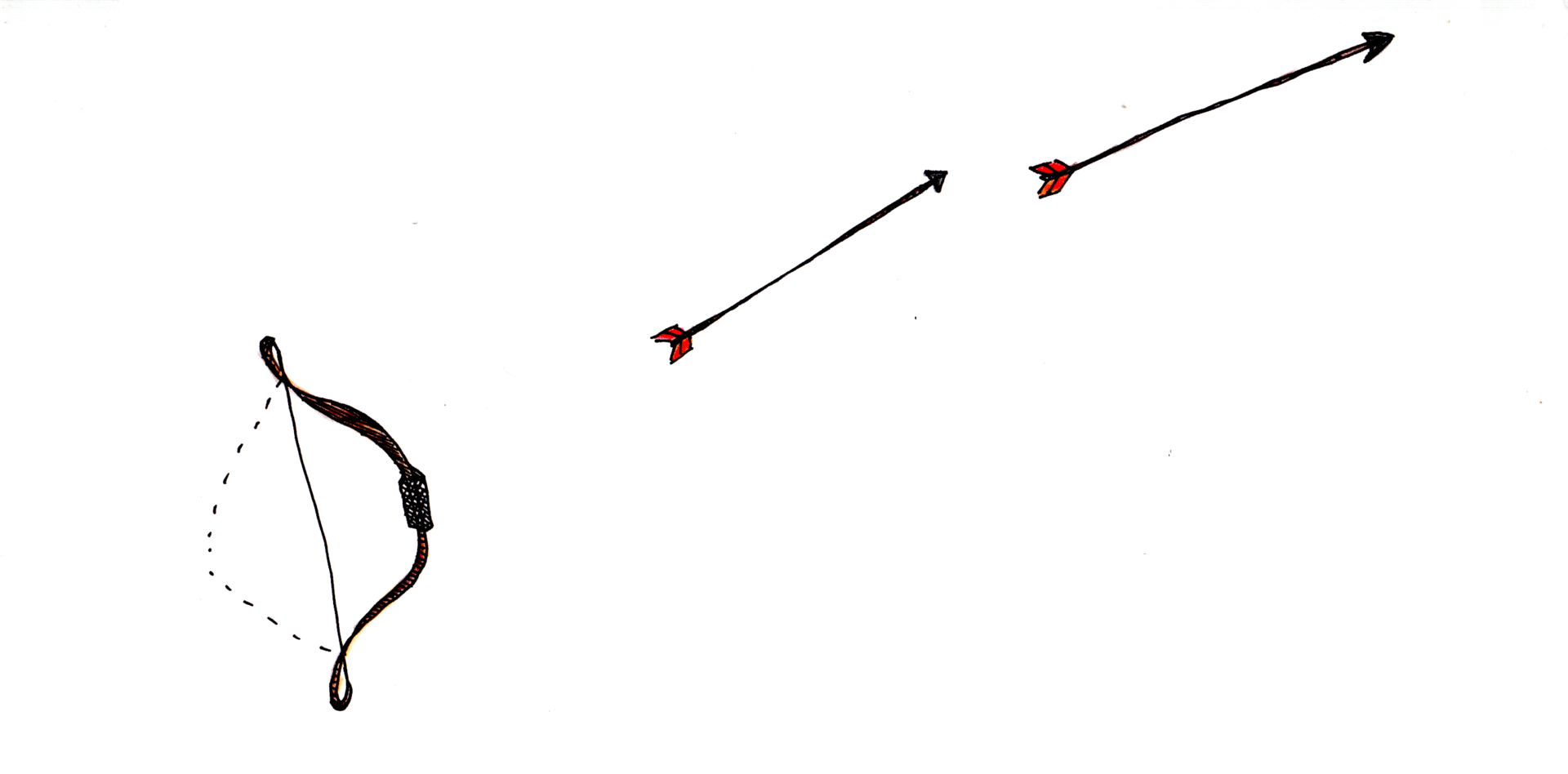
Today’s reboot is about the fleeting nature of time! (Time is passing; perhaps you’ve heard this?) It’s about one of life’s piercing, quotidian tragedies: doing something — listening to a song; reading a book to your child — for the last time without knowing it’s the last time. It’s about the impossibility of properly commemorating the dozens, hundreds, thousands of moments worth commemorating over the course of a day, month, year, except by trying to be present for, to live in, each. It’s about how you’ll miss things even if you try to do that! With guest appearances by William Faulkner, that episode of “The Office” where Kevin drops the chili, and lines of cocaine the size of alligator tails.
If the cost of a subscription is prohibitive, or if you wish to send TSB to someone you love, contact me. We’ll happily pass along a free annual subscription to those who need it most.
We can offer free subscriptions as long as we continue to grow. Grab a paid subscription today if you’d like to be a part of that growth — spiritually and otherwise. — TSB Editor
Last Call Forever, Maybe
Originally published December 29, 2020
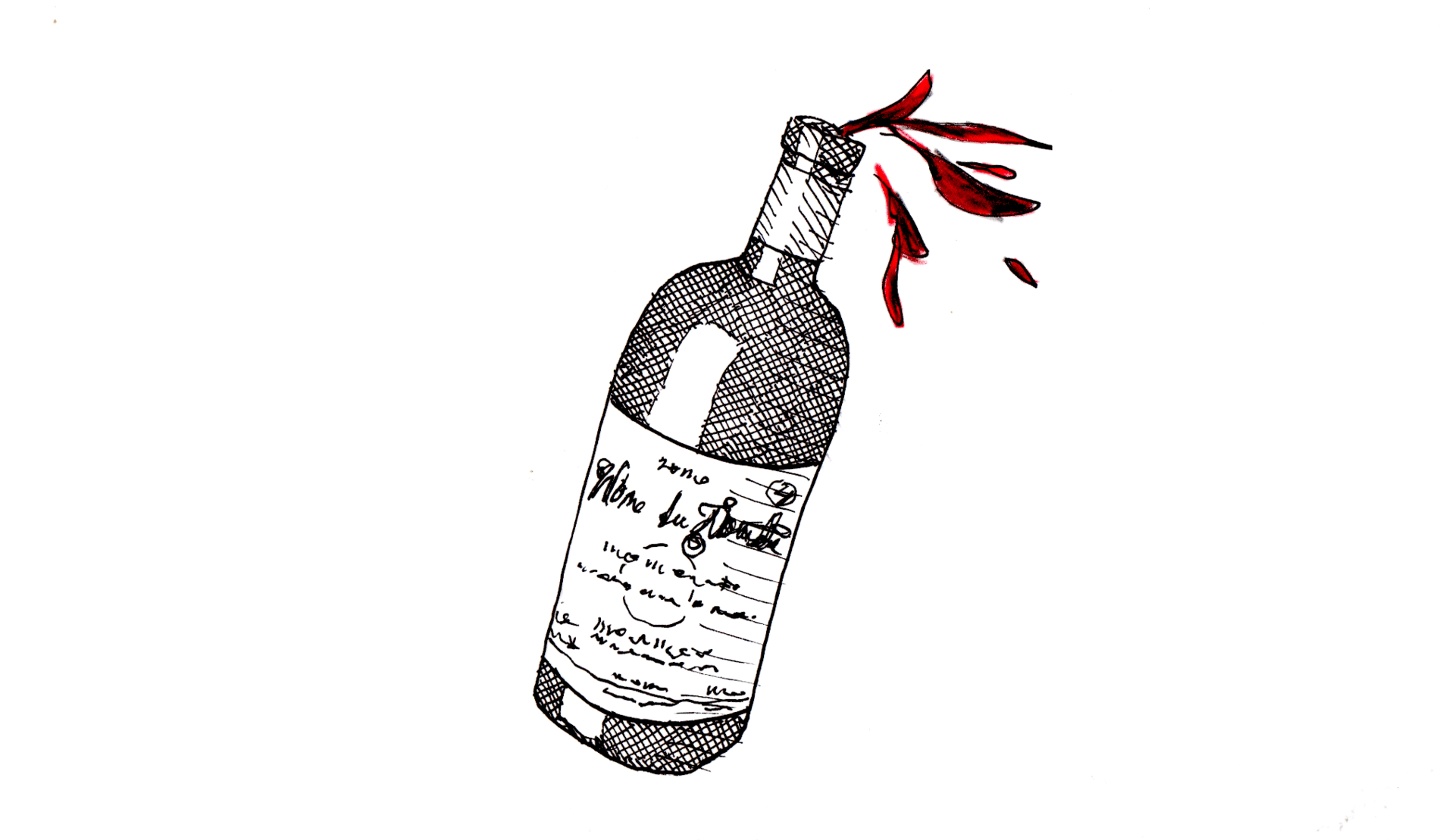
I’m trying to remember the last hard liquor I drank. It was probably vodka. Maybe it was whiskey? I also don't remember when that was exactly. August 2015? October?
I don’t remember when I had my last coke hangover, either, but every time I did cocaine, I swore it would be the last time. I don’t remember the last time I took mushrooms or molly or moonrocks or whatever, but it was probably between the summer and early autumn of 2015. But I do remember the last acid trip.
I was on a late-in-life acid kick where I’d do it a couple of times per week because I thought it would help me “stay open” creatively. Then, on a random sticky Wednesday in July of 2015, I was peaking hard just as it had begun to rain. I went outside on my deck to look up because the raindrops looked like diamonds. It got pretty intense out there, so I hurried back inside because I thought it could also be a giant meteor shower or the end of the world. The next day, it rained again, and I still saw diamonds. In a sparsely filled journal, I wrote down a resolution: “No more acid!”
That was the end of that. Good riddance.
The night before I was supposed to leave for rehab, I had five or six beers at the Alligator Lounge in Williamsburg. I picked up a six-pack of Pacifico at a bodega on the way home, which I assumed would be my last one for a long time. I invited a friend over that night to help me pack if I got too drunk. I didn’t drink at all, though. We watched “Magnolia,” and they helped me clean out my fridge. I was told later by that friend that I didn’t drink much at all that night. Maybe that was the last time? Or maybe it was the next night when I believe I had one cold Bud bottle, but I also don’t remember. Maybe it was nothing. Perhaps I stopped drinking days before. The last time I got drunk, though — the last real good time — I have forgotten.
*****
After I got sober, I was determined to become a million times smarter and more spiritualized. I tried to read all the books writers were supposed to have read to be considered real writers. Faulkner, for example. I thought I should read Faulkner. (It’s been several years and I’ve read exactly one page of “Light in August.”)
As far as my spirituality, I didn’t only want to practice the Twelve Steps — I wanted to chase complete enlightenment. I wanted to have principles and integrity and a value system, whatever that was. I wanted everyone to recognize and acknowledge my astounding transformation: “Have you seen, A.J.? Incredible, isn’t it? He’s a completely different man.” Because what’s the point of sobriety if you can't impress everyone who knew you when you used to poop your pants on the way home from the bar?
I read up on some basic Buddhist principles and poked around some meditation centers to take it to the next level, but that felt too LA. I also dug into Stoicism for a bit, which was helpful, especially in my first year. I’d set up for a few hours in a booth at House of Pies, underlining parts of Marcus Aurelius: “The best revenge is to not be like your enemy.” Then I’d order some lousy pie.
I moved on to the Scandinavian concept of Lykke, convinced that their way was the only way to be happy. I could ride a bike everywhere. Introduce myself to the neighbors and pledge my reliability to them. Forest bathing? Works for me.
I was open to all of it, but nothing stuck.
My next attempt at spiritual perfection was through ikigai, the Japanese concept of developing a “reason for being.” If I found something I loved to do, I could lead a peaceful and meaningful existence. Plus, if I drank green tea and tended my garden every day, maybe I would be able to blow out the fire hazard of candles atop my 106th birthday cake.
Ikigai led me to kintsugi, and I was so relieved to find out that cracked or broken things (like me!) could still be beautiful. I accidentally dropped a small green vase I used as a pen holder onto the floor. Instead of throwing the shards away, I bought a kintsugi kit on Amazon and put it back together, cracks and all, with gold-glittered glue. I centered it on my desk like it was a priceless artifact. I was on my way — but I wanted more.
I picked up this book called “A Little Book of Japanese Contentments.” I discovered the phrase “mono no aware,” which is sometimes translated as the “pathos of things” or — my favorite — “the ahhh-ness of things.” Here’s what the book says:
“Mono means ‘thing,’ and aware (pronounced ah-wah-reh) translates to the sensitivity or gentle sadness about the transitory, ephemeral nature of life. It can also mean sensitivity toward things and the nature of life — something that is consciously recognized and accepted with a hint of melancholy or wistfulness.”
Then it got more specific:
“This is another way the Japanese language manages to capture the feelings of nostalgia we all experience. I recently had a conversation with a friend at a dinner party who pointed out that at one point in your childhood, your parent would have picked you up or lifted you onto their shoulders for the last time —and mono no aware perfectly encapsulates the feeling that thought evokes.”
When my children came home that night, I hugged them all so tightly, like we were all trapped inside a cellar waiting for a tornado to pass.
*****
After mono no aware came into my life, I obsessed about all the little things that disappeared each day without me noticing, which seemed like everything.
Our oldest child used to have a very consistent morning routine from the time he was about nine months old until he was almost two. I would get up with him and carry him playfully downstairs into the pre-dawn dark of the family room to watch a classic “Sesame Street” episode. I’d listen to the same playful chatter between puppets and humans, songs about bikes and dump trucks, letters and numbers, and lessons about up and down and loud and soft every morning as I made my coffee. I was sure that we’d share this routine for several more years. He watched it every day, and then ... he just stopped.
We had a “Sesame Street” routine with our second child as well, but she was into the more recent episodes, especially one of their celeb-filled “Alphabet Songs” compilations. She loved it when the (still) Dixie Chicks sang “No Letter Better,” all about the letter B. When I heard the familiar trill of the “Bee ... bee ... beeeeee” harmony, that was my cue to put down my coffee and pick her up. She wanted to get close enough to the TV to point at Natalie Maines’s mouth. Every morning we did that up until the one morning when we did not.
Now, our third child has grown out of diapers. I remember when he barely fit into size N, then he swelled into a size three seemingly overnight, but now he’s fully potty-trained, and we never watch “Sesame Street” at our house anymore. I missed so much even when I was paying close attention.
The bedtime routine changed, too. It was once bath, books, and then bed. For almost an entire year, the book order was “Little Blue Truck Leads the Way,” then “Little Fur Family,” and then a big finish with “My Heart Is Like a Zoo.”
Our oldest memorized most of them, and then one night, it happened—he asked for a new book. I looked at Julieanne, and she looked back at me forlornly. I held the Fur Family book in my hands, waiting for it to disintegrate into ash like all the superheroes did at the end of “Infinity War.”
I think about mono no aware when I rewatch TV shows. I’ll spend some days wondering if I should rewatch the episode of “The Office” where Kevin drops the chili, just in case I never get a chance to do it again. Or should I rewatch the first season of “Friday Night Lights” once more? I need to do it soon, though, before I forget. Before it’s never-again time again.
Sometimes, I’ll be reminded of an album I would constantly listen to as a teenager, and then I'll quickly pull it up on Spotify to give it one final spin to commemorate its service to my life. I recently did this with the White Lion song “Wait.” I listened to it loudly in the kitchen, all while boring Julieanne with how underrated the classically inspired playing of guitarist Vito Bratta was. I didn’t realize until five minutes had passed that she’d left the room.
I Googled Vito Bratta to see if he was dead. He is not, but according to a 2007 interview, he stopped playing with White Lion in 1992 and wanted it to stay that way. “It was time,” he said.
*****
I bring all this mono-no-aware stuff up because I’ll admit I’m wistful that I didn’t give drugs and alcohol the big send-off they deserved. They gave me so many amazing nights — strange adventures in cavernous, damp places with creative weirdos who were successful and exciting enough to make me believe that my life was borderline interesting. Heavy drinking, along with cocaine, gave me sky-high confidence and made me feel less ugly around those people.
Maybe I should have had a formal going-away party for My Old Life and stayed up all night drinking Johnnie Walker Blue and doing lines the size of alligator tails. I’d gather all my late-night S-O-S friends in one place, and we’d jabber about everything and nothing with our dry mouths right up in each other’s sweaty, crazy-eyed faces. Then we’d hug each other like assholes. “I love you, friend!” I’d squeeze tighter and lift them off the ground until we fell on each other. I’d throw an empty bottle off a Lower East Side apartment roof just to hear it smash on the sidewalk.
There was a little fur family
warm as toast
smaller than most
in little fur coats
and they lived in a warm wooden tree.
Sometimes, the most cherished parts of your life need to end before you’re ready to let them go. That’s just how it is.
******
ALL ILLUSTRATIONS BY EDITH ZIMMERMAN
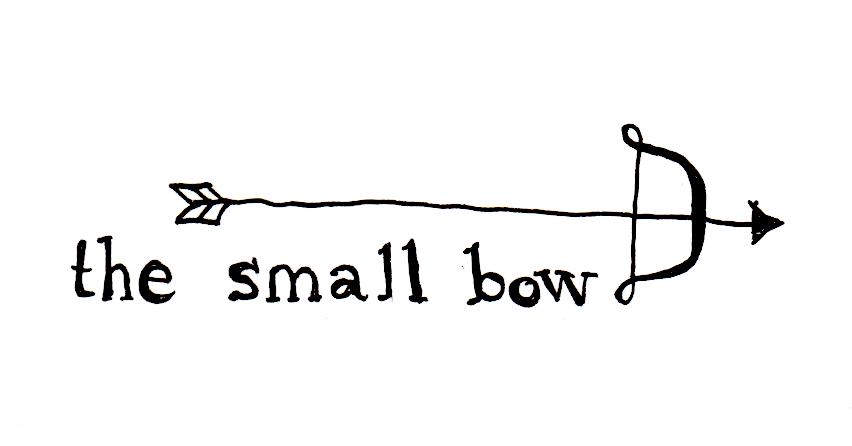
Thanks for reading The Small Bow! This post is public so feel free to share it.
MORE NOSTALGIA FOR FUCK-UPS:
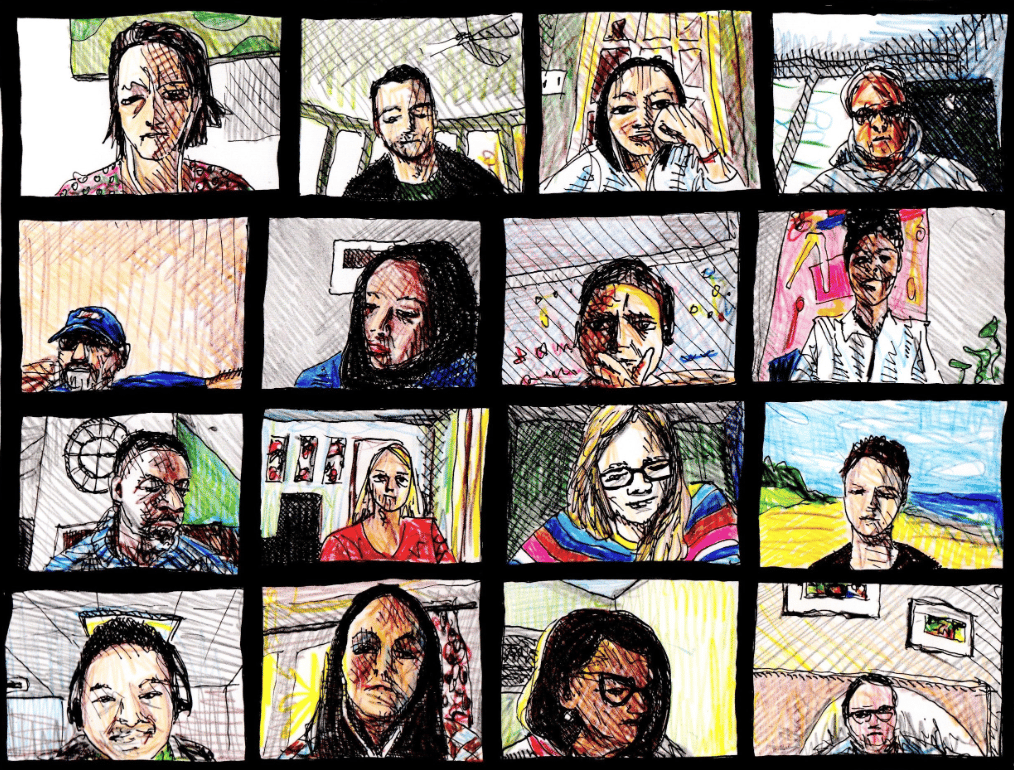
ZOOM MEETING SCHEDULE
Monday: 5:30 p.m. PT/8:30 ET
Wednesday: 10 a.m. PT/1 p.m. ET
Thursday: 10 a.m. PT/1 p.m. ET (Women and non-binary meeting.)
Friday: 10 a.m. PT/1 p.m. ET and 4 p.m. PT/7 p.m. ET
Saturday: Mental Health Focus (Peer support for bipolar/anxiety/depression) 9:30 a.m. PT/12:30 p.m. ET
Sunday: (Mental Health and Sobriety Support Group.) 1:00 p.m PT/4 p.m. ET
*****
If you don't feel comfortable calling yourself an “alcoholic,” that’s fine. If you have issues with sex, food, drugs, codependency, love, loneliness, and/or depression, come on in. Newcomers are especially welcome.
FORMAT: CROSSTALK, TOPIC MEETING
We’re there for an hour, sometimes more. We’d love to have you.
Meeting ID: 874 2568 6609PASSWORD TO ZOOM: nickfoles
Need more info?: [email protected]
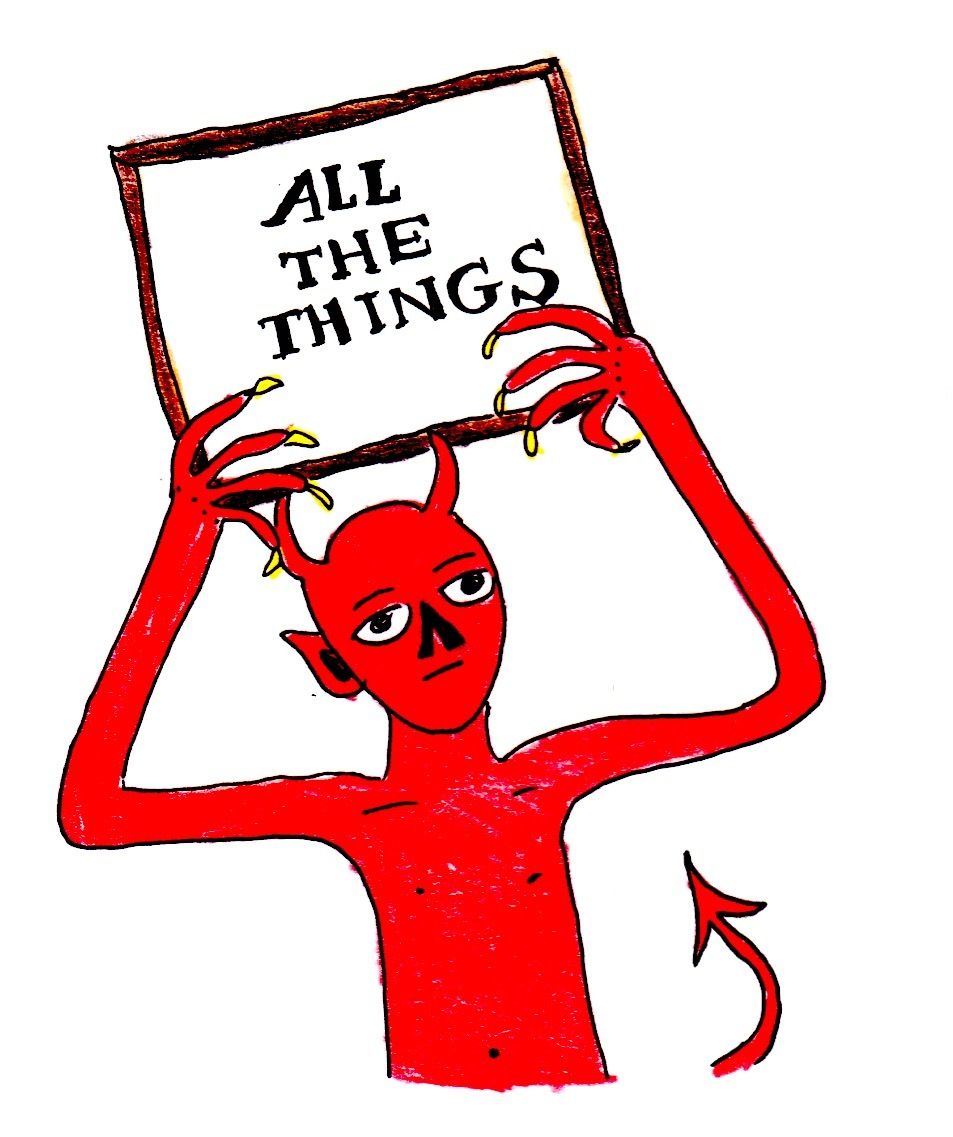
This is The Small Bow newsletter. It is mainly written and edited by A.J. Daulerio. And Edith Zimmerman always illustrates it. We send it out every Tuesday and Friday.
You can also get a Sunday issue for $9 monthly or $60 annually. The Sunday issue is a recovery bonanza full of gratitude lists, a study guide to my daily recovery routines, a poem I like, the TSB Spotify playlist, and more exclusive essays. You also get commenting privileges!
Other ways you can help:
BUY A COFFEE MUG FOR YOUR BOOKS
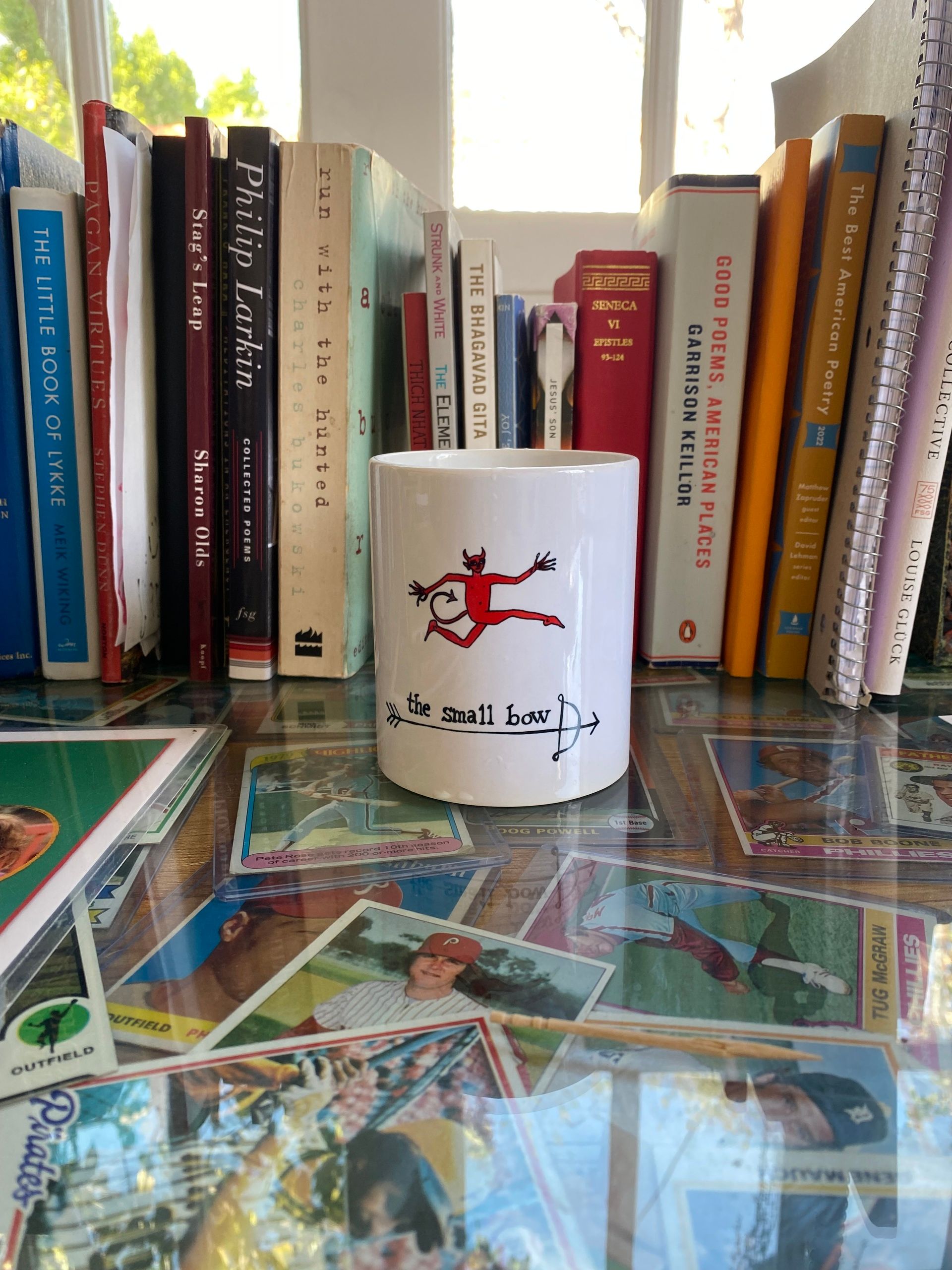
TSB merch is a good thing. [STORE]
or you can
or you can give a
that goes toward the production of the podcast.
Everything helps.
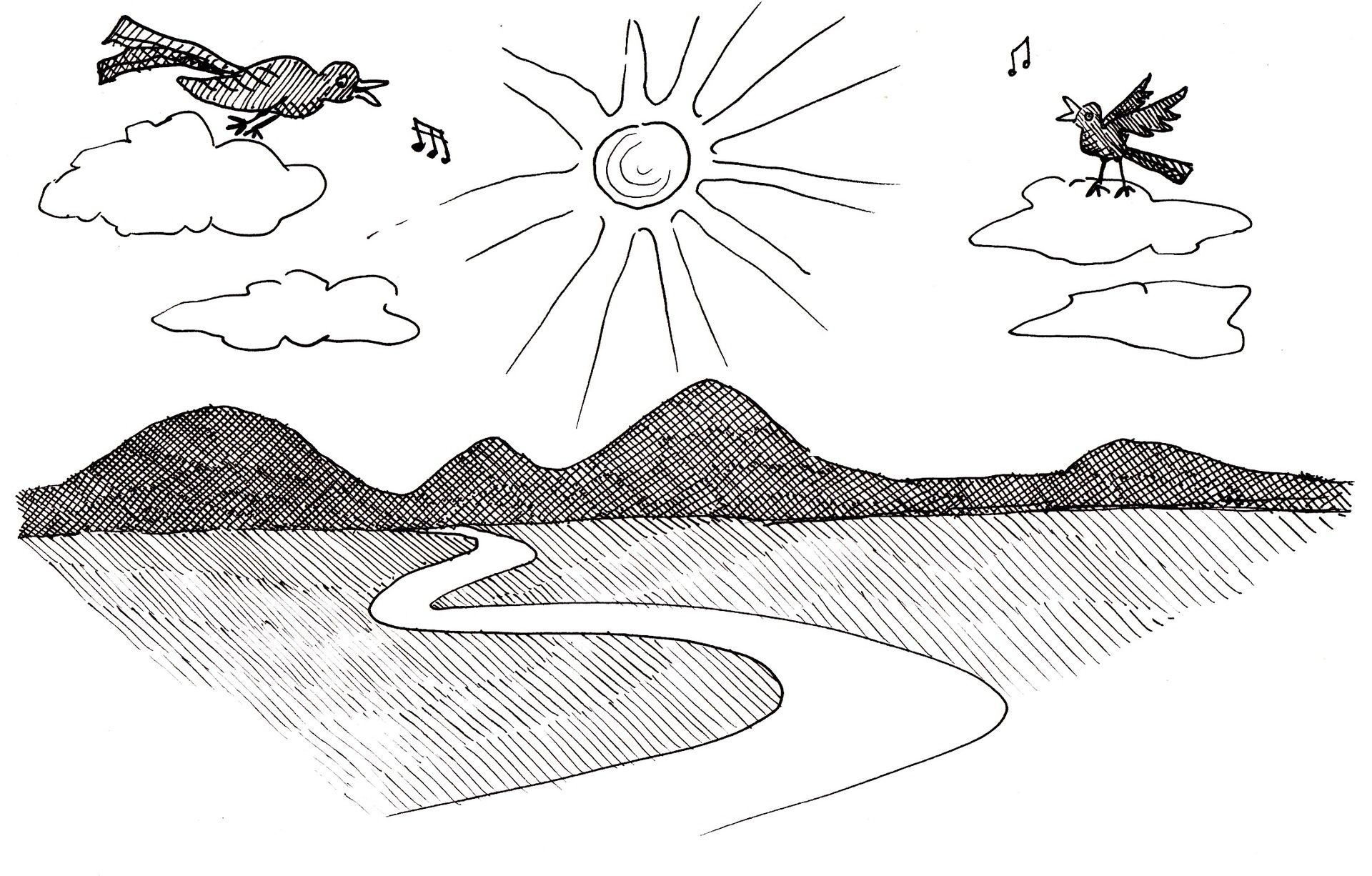
A POEM ON THE WAY OUT:
The Best of It
by Kay Ryan
*********
However carved upor pared down we getwe keep on makingthe best of it as thoughit doesn’t matter thatour acre’s down toa square foot. Asthough our gardencould be one beanand we’d rejoice ifit flourishes, as though one beancould nourish us.
— Poetry, April 2004


In honor of Dry January, Best Day is giving away a Best You Yet Adventure in Jackson Hole with Alpenhof Lodge, Rivian, The North Face, and Yeti (up to a $7,288 value) to one lucky winner and their guest for a 4-day trip between June 1, 2025 - June 30, 2025.

